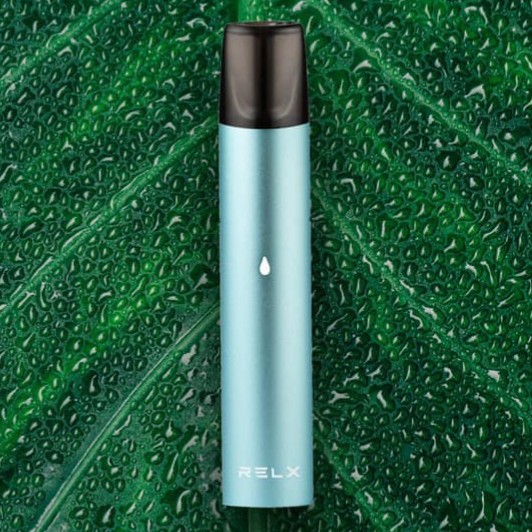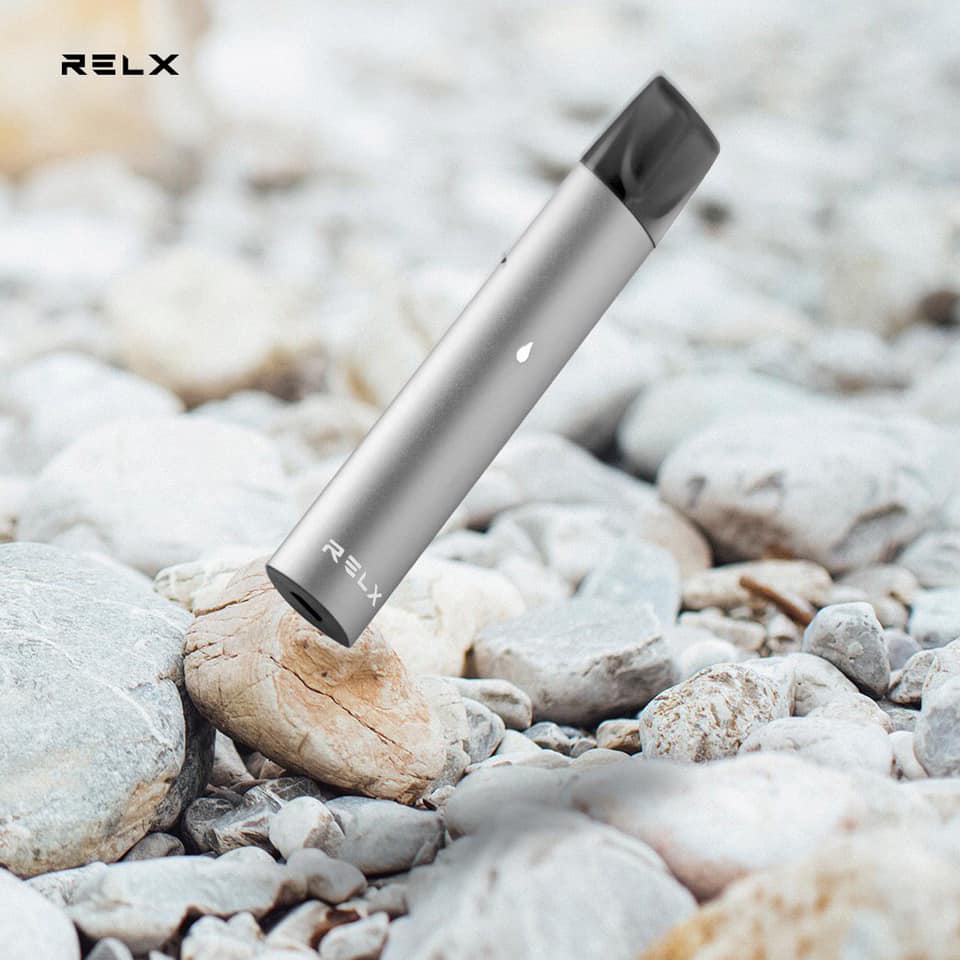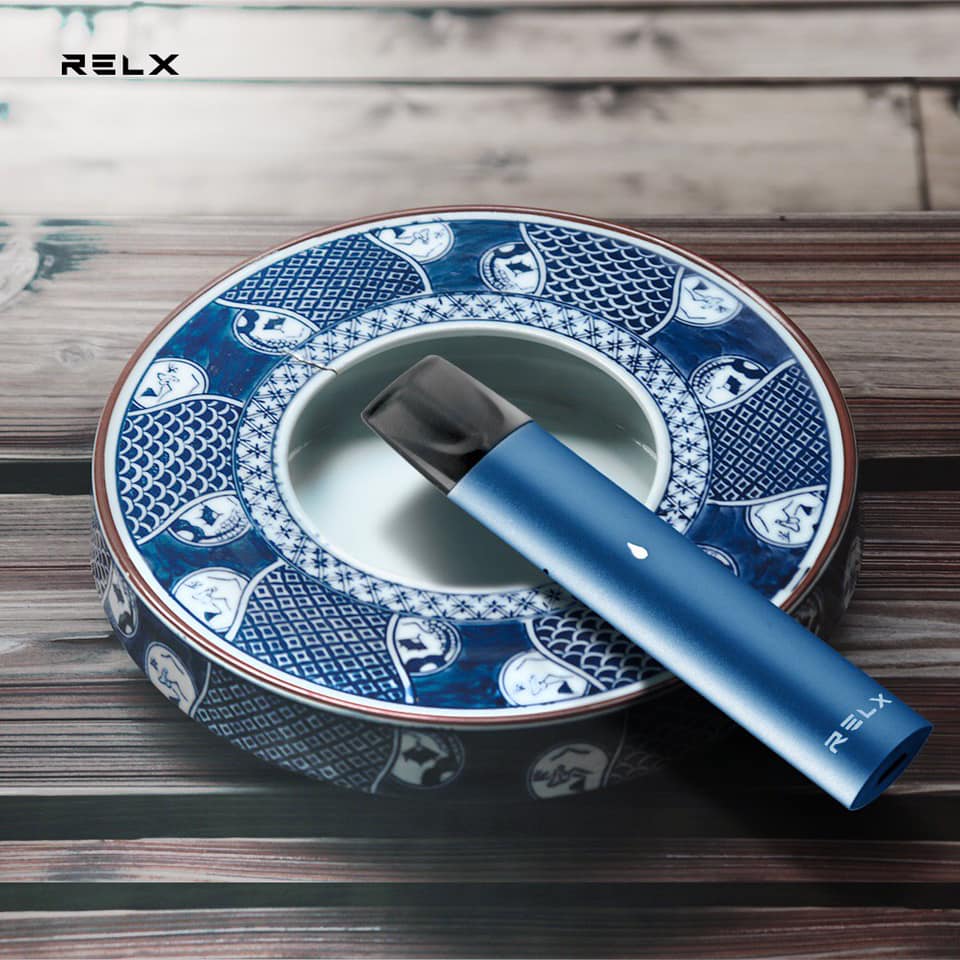RACONTEURPH
Stories worth sharing
RELX e-cig now available in PH to offer better option for smokers
POSTED BY: Nestor Domingo Jr.2019-09-28 18:35:00 PHT
RELX, the no. 1 e-cigarette brand in Asia, is already available in the Philippines. Adult smokers now have the opportunity to ditch conventional cigarettes in favor of a better and safer alternative that is of world-class quality at an affordable price.
The RELX starter kit (consisting of one device, a pod, and a micro-cable) is priced at PhP 1,599.00 at retail.
“RELX, as it develops future-forward solutions to the world’s one billion adult smokers, now offers to the Philippines’ 15 million adult smokers a better and safer alternative to cigarette smoking through its affordable yet world-class product,” said Di Yang, RELX Director for Southeast Asia Business; in a press conference on September 20 (Friday) in Makati City.
RELX’s entry in the domestic e-cigarette business, Yang said, would also mean additional investment for the Philippines, including job generation for Filipinos.
“RELX hopes to contribute to the Philippines’ economic growth through the investment that we are bringing, including the employment that we will be generating,” he stressed. “The Philippines is a key market where we have and intend to continue investing very significantly. We will be opening retail outlets, appointing distributors, building up a strong local organization to run what we believe to be a very meaningful presence here,” Yang added.
The RELX executive disclosed that the Beijing-based company foresees at least 70-80% of the team members to be Filipinos in its Manila operation.
“We are also moving our global customer service to a business process outsourcing (BPO) in Manila. As our international business grows, the demand for BPO agents will increase too,” he pointed out.
During the press conference, Yang took the opportunity to air his company’s view on the current regulatory environment: “We welcome regulations to ensure that the industry adopts good practices that can benefit the country. We would like to have the opportunity to work with the Philippine government to develop a progressive regulatory framework that best reduces the longstanding negative impact that smoking cigarettes have had on the Philippines.”
He, however, lamented that Administrative Order 2019-0007 issued by the Department of Health (DOH) and the proposed measures in Congress to heavily tax e-cigarettes are counterproductive.
“When the new administrative order takes effect, e-cigarettes will effectively be much more heavily regulated and restricted than traditional cigarettes; including a flavor ban, a total advertising ban, and unnecessarily heavy licensing requirements down to the retail level,” Yang said.
“Some of the bills making their way through congress even push for highly unlevel taxations between different types of nicotine liquids that create highly unlevel playing fields not conducive for the industry at best, and at worst may prove unenforceable due to the development of new hybrid e-liquids,” he said.
Yang expressed hope the government and the industry stakeholders will be able to come up with a “win-win” solution.
“There are more than 1 billion smokers in the world today, and by WHO’s (World Health Organization) own projections, there will continue to be more than a billion smokers in the world by 2025. Vape as a product category has the potential to switch smokers from burning traditional cigarettes, which generate TAR and a host of harmful chemicals to a much better alternative,” he concluded.




